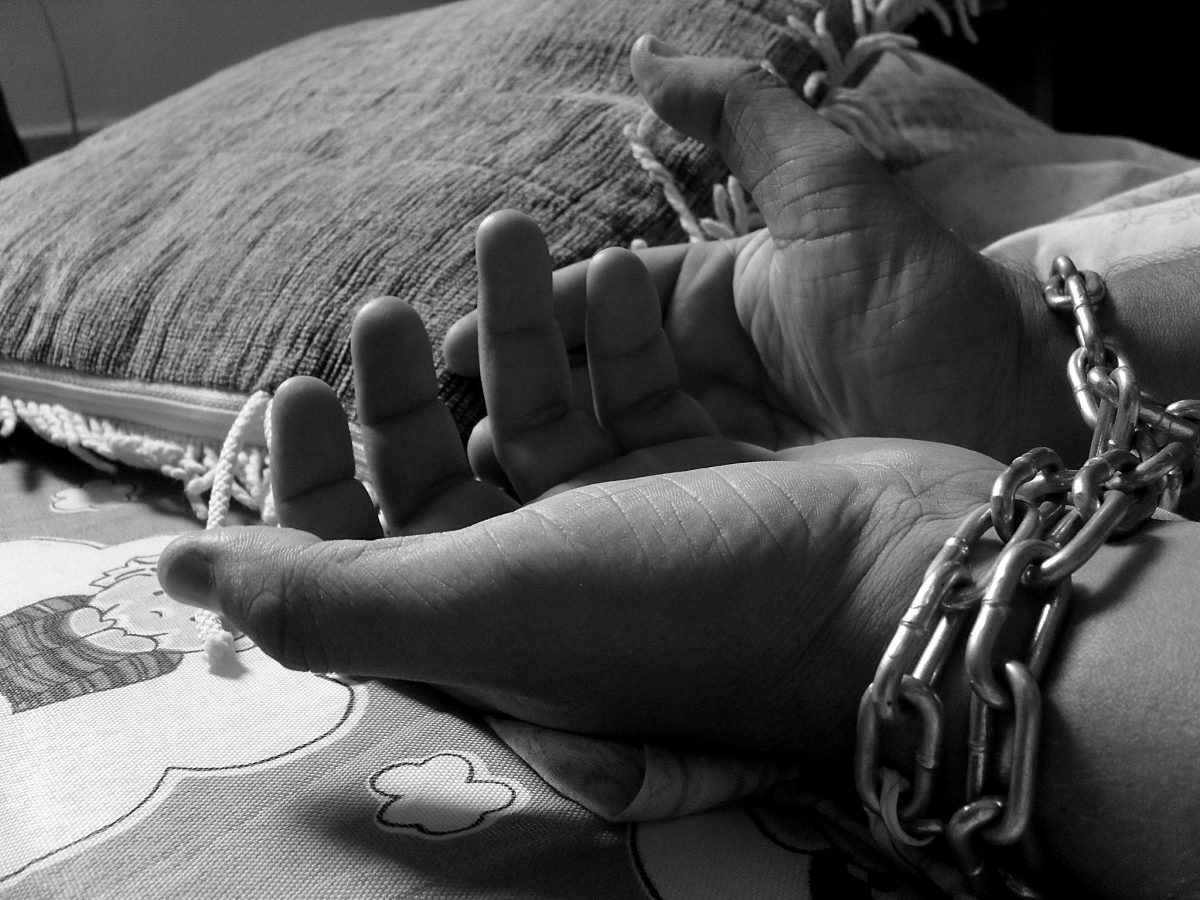






For the first time, the issue of human trafficking in Guatemala was exposed in a thematic hearing before the Inter-American Commission on Human Rights (IACHR).
CEJIL, ECPAT and the Institute for Social Protection (IPS as it is known in Spanish), showed that between 2012 and 2013, the number of victims of this crime increased by 44%. Still, the true extent of the problem is unknown due to under-reporting of victims and a lack of consistency between official records.
Guatemala serves as destination, origin and transit for many migrants, which makes it a convenient country for human-trafficking. In addition, the situation of poverty and extreme poverty in much of the population catalyzes this phenomenon.
66% of the victims are women and 68% of cases reported in 2013 involved child and adolescent victims of sexual exploitation. There is also a high percentage of foreign victims, particularly from El Salvador, Nicaragua and Honduras.
The Guatemalan State has made several efforts to combat this problem, since the ratification in 2003 of the United Nations’ Protocol to Prevent, Suppress and Punish Trafficking in Persons –especially Women and Children–, known as the “Palermo Protocol”. As a result, there is currently a suitable classification of the crime as well as some institutions and public policies in place that deal with the issue.
Even so, there are still serious deficiencies in the prevention of trafficking, care for victims, and investigation and punishment of the crime, with serious consequences for the rights of the victims.
The organizations expect the follow-up meeting, which was proposed to the State during the hearing, to take place in Guatemala shortly and to give continuity to some of the proposals formulated therein. Among these are the creation of an autonomous governing body dedicated to the protection of children and adolescents, and the creation and implementation of a training course in the Public Prosecutor’s Office for investing all instances of trafficking.
This follow-up meeting -which the Commission offered to facilitate-, would also be a good opportunity to monitor the progress of some of the actions announced by the State, such as strengthening the police force and investigative capacities at the departmental level, fostering a culture of reporting among foreign victims, and implementing a comprehensive care model that is properly articulated to the victims.
(Photo: UNHCR)
¡Ayúdanos a continuar este trabajo crítico y urgente con una donación!
DONA AHORA